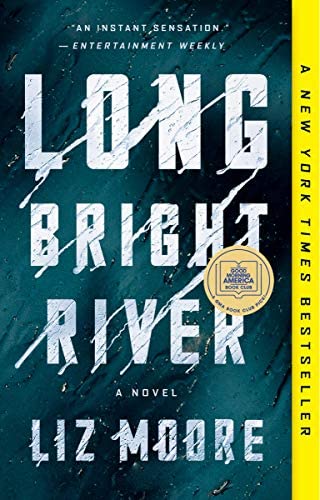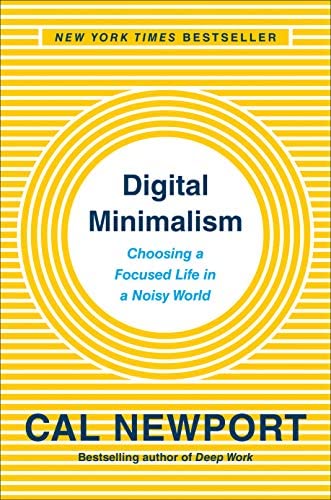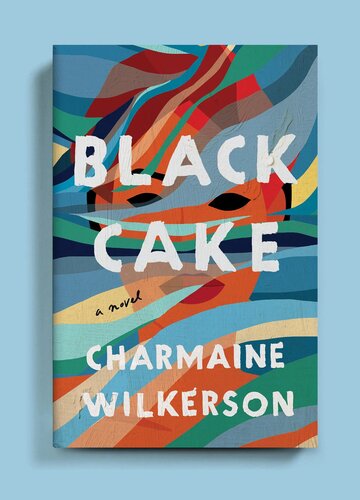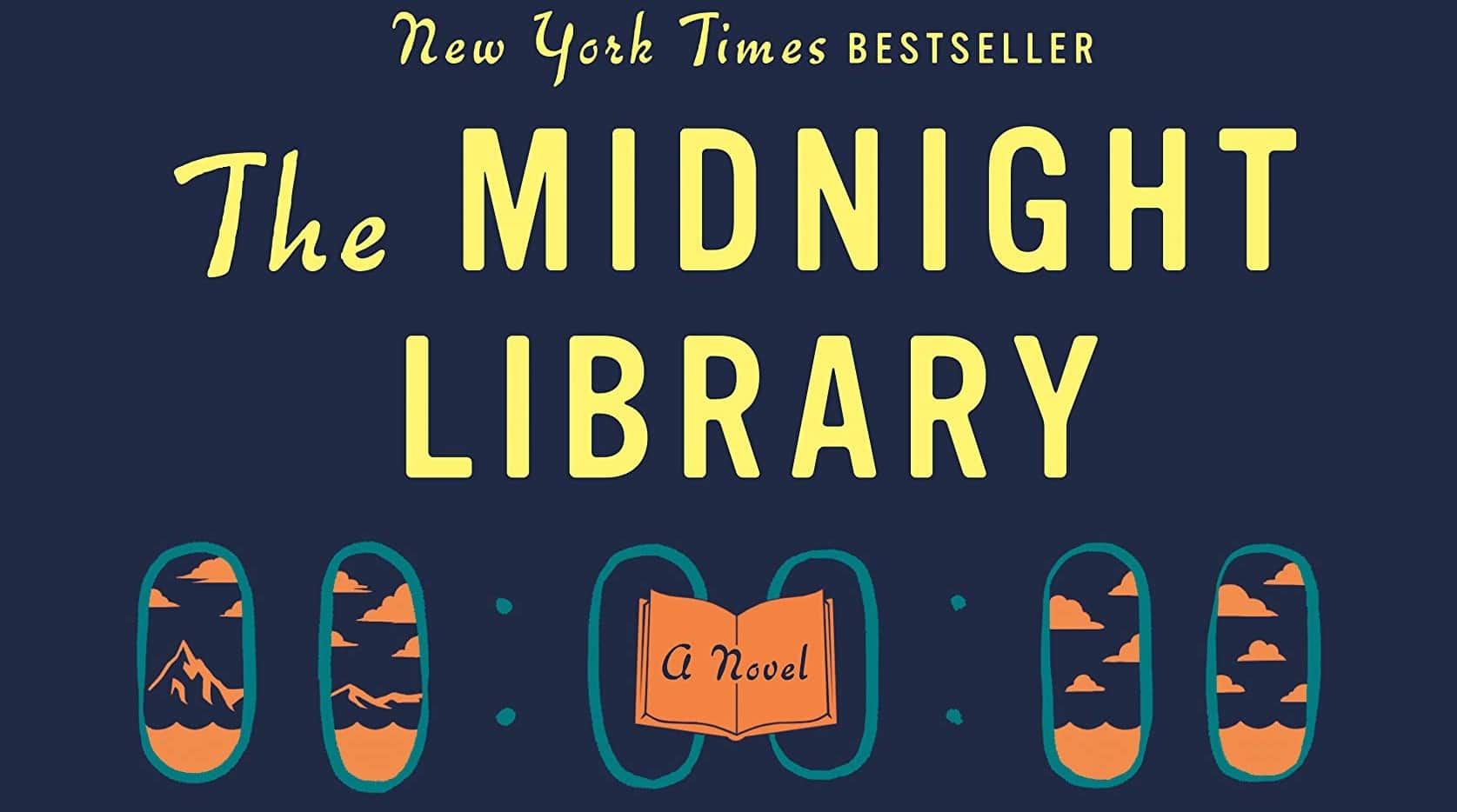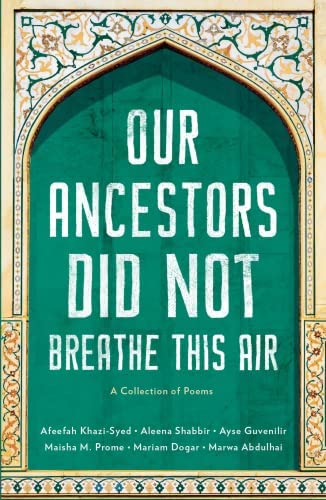
Reflections on "Long Bright River"
Summary:
"Long Bright River" by Liz Moore is a novel that explores the life of a cop, Michaela Fitzpatrick, as she works to solve the mystery of her missing sister Kacey. In this fiction, Michaela--who goes by Mickey, works as a patrol cop in Kensington, Philadelphia. She is the sister of an addict, a single mother, an orphan, and partner in a host of toxic relationships. Much of the advserity Mickey's life is consequence of the heroin crisis plagueing her neighborhood. In this novel, Liz Moore describes the details of Micky navigating lifes obstacles, and she shows us the insidious and far-reaching impact of drugs on faimly and relationship.
Reflections:
Moore writes compelling mystery that kept me entranced with all its twists and turns. Mickey's story is an eloquent commentary on the intermix of drugs and family. Two reflections that I take from this book:
1) How we treat ourselves will affect our family for generations
2) Much of our lives is influenced by circumstances we were born into. We can never know others' circumstances fully, and thus we can never fairly judge them.
How we treat ourselves will affect our family for generations
Mickey and Kacey lost their mother to drugs, lost each other because of drug, and raise children whose first weeks of life were plagued by withdrawal symptoms. We are never told explicity how and why their mother was introduced to drugs, however, the fact remains that so much of the turmoil that ensues within this story is a result of her choice to use. She is not a bad person because of her poor choices, but she is culpable even in the pain that her grandchildren suffered. Addiction is an insidious disease that draws evil out of any who face it--no matter their character. For one suffering addiction, though, how they respond to their disease will reverberate through their family and affect their descendants even after they are gone.
Much of our lives is influenced by circumstances we were born into. We can never know others' circumstances fully, and thus we can never fairly judge them.
Throughout the book certain characters are painted as bad people who blame their poor decisions on a rough childhood, even though there was a way out for them. It's so easy to agree with this portrayal. It is especially easy to hold on to this understanding when it is the only perspective we are given initially as readers. However, as the book unfolds we learn that the rough childhood of a particular character is more fraught than we even first imagined. And suddenly, the character's behaviors are easily explained and their redemption is in sight. It the same way in life. We are only able to see parts of the truth of the people we meet. The whole truth is hardly ever attainable, even with our best friends. So we judge people based on what we know, and we feel justified in our appraisal. The reality is, if we knew the intimate details of every person we've scorned we might not hate them as much. If we knew the backstory of every individual we looked down upon, we might have a higher regard for them. If we knew the whole truth of everybody we met, our hearts might not be filled with as much filth(hate, resentment, jealousy, arrogance).
Since we can never know, we might as well try to unburden our hearts any way.

